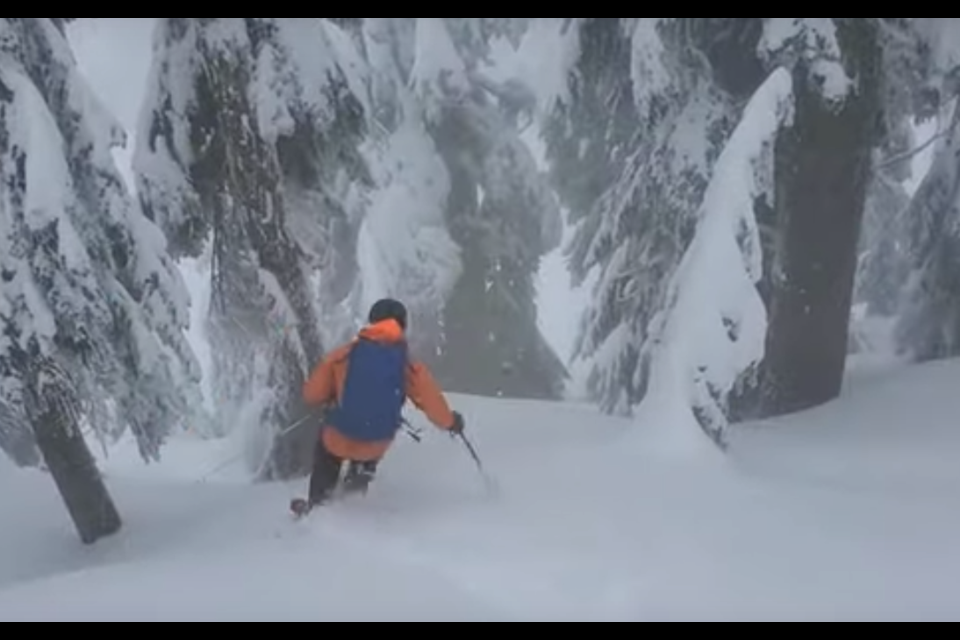Avalanche conditions this weekend should be relatively stable in the North Shore mountains this weekend, despite almost a metre of new snow that fell over the past week, according to North Shore Rescue.
Every week, North Shore Rescue is producing snowpack condition videos to help keep backcountry visitors safe. The North Shore News is sharing these videos here to help spread the safety message.
Despite the significant new snow, avalanche activity in the backcountry has been minimal, according to North Shore Rescue and layers of snow are well bonded.
With two new storms coming – one on Friday night and one on Saturday night – more snow is expected this weekend. The big question will be how the new snow impacts conditions.
Avalanche safety course recommended
North Shore Rescue says anyone heading into the backcountry in the winter months should first take an avalanche safety course. Avalanche Canada keeps a running list of upcoming courses.
“Courses are only one weekend and are great fun. They will save your life,” a statement on NSR’s website reads.
Before heading into the mountains, adventurers should first read Avalanche Canada’s detailed risk forecasts.
“Also read recent snowpack or avalanche observations for your area, which can be found on the map, evaluate the weather and once you are in the field adjust plans accordingly depending on what you see,” NSR says.
Transceiver, pole and shovel essential equipment
Anyone who spots an avalanche, stability concerns or evidence of recent avalanches is asked to report them to the Mountain Information Network.
In addition to a transceiver, probe, and shovel for anyone going into avalanche terrain, the search and rescue volunteer group always recommends everyone carry the 10 essentials anytime they are on the trails: light, a signaling device, lighter, extra clothes, a knife, shelter, food and water, a first aid kit, navigation tools including a map, compass and GPS as well as a cellphone or radio.
Here's this week's video to give you an idea of what to expect:





